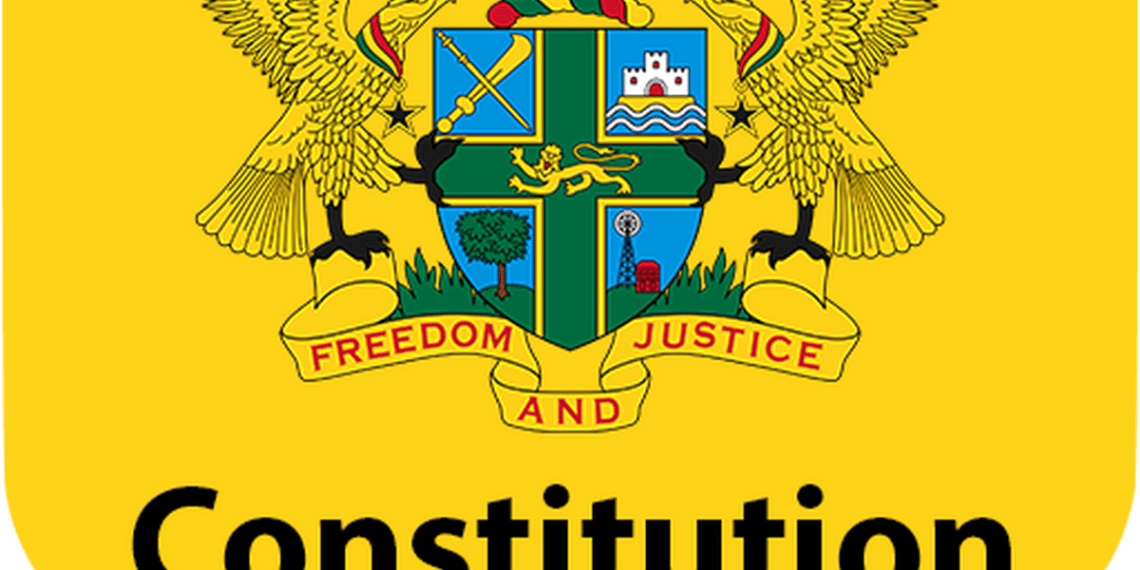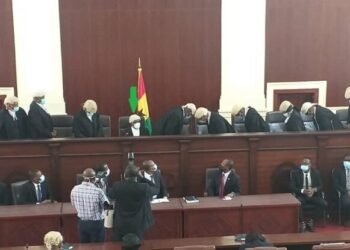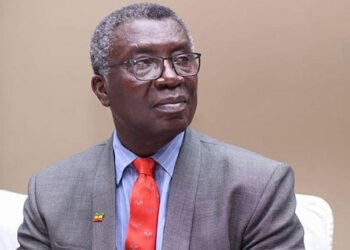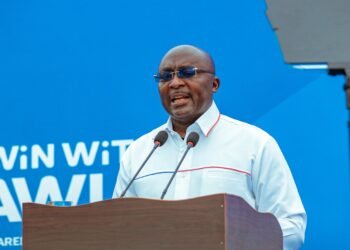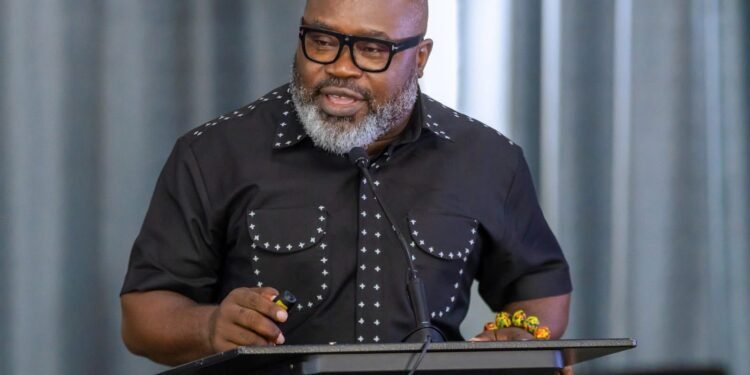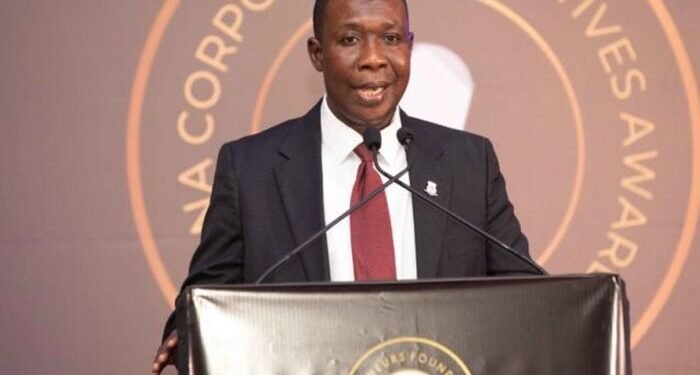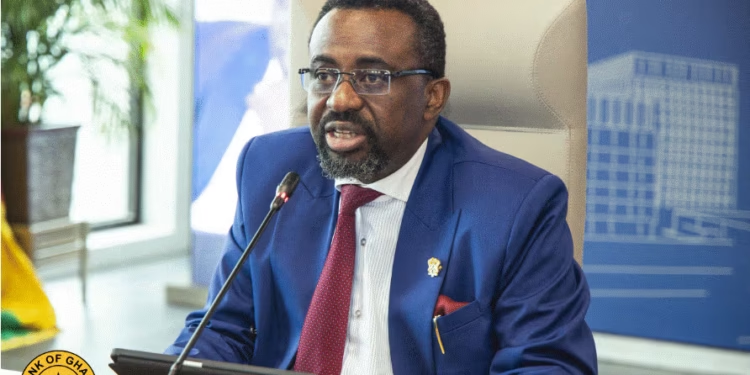Calls for review for Ghana’s 1992 Republican Constitution have heightened amidst commemorating the country’s constitutional day on Sunday, January 7 2024.
While some governance and constitutional experts have duly acknowledged the goodness of Ghana’s fourth Republican Constitution and strongly argued for its sustainability, they however on the other hand have called for an immediate review of the country’s constitution for many good reasons.
This process according to most Ghanaians is very important for several reasons, as it could serve as a way to contribute to the effective functioning of the country’s governance, legal and political system.
For most people who have called for the need for constitutional review for the country, one cardinal view is that Ghana as a society and its needs have evolved over time and hence the need for constitutional review to allow the country to adapt its foundational legal document to changing social, economic, political, and governance arrangement.
There are also arguments that a Constitutional review would strengthen Ghana’s democratic principles by ensuring that the constitution reflects the core values of democracy, including the separation of powers, checks and balances, and the protection of individual freedoms which would ultimately provide an opportunity to address any weaknesses in the country’s democratic and governance framework.
Some other groups of people are also of the shared view that the structure and powers of government outlined in the 1992 constitution that were meant to impact the efficiency and effectiveness of governance have failed to achieve their intended purpose hence the need for Constitutional review to assess the effectiveness of existing institutions and consider reforms to improve the delivery of public services and the overall functioning of governance in the country.
The most recent addition to the calls for review of Ghana’s 1992 constitution which has survived over three decades is the former Chairman of the country’s Electoral Commission, Dr Kwadwo Afari Gyan.
The former head of Ghana’s Electoral Management body in a public address on the country’s Constitutional Day celebration highlighted areas such as the separation of powers among the three arms of government, the role of the Council of State, decentralization and local government in the country as specific areas of the 1992 constitution that requires urgent revision.
Explaining the importance of separation of powers among the three arms of government in the country, Dr Afari-Gyan recounted that the current arrangement where the majority of ministers are chosen from parliament hampers the independence and the oversight responsibility of the legislative arm of government.
He strongly posited that the existing arrangement where the majority of ministers are appointed from parliament only benefits the executive President who mostly gets most of his business easily approved by the legislative arm of government without any rigorous scrutiny.
“With about half ministers plus some of the deputy ministers drawn from parliament, the legislator cannot effectively check the Executive. Cabinet decisions are binding on ministers and deputy ministers and they must be defended by them including in parliament. I think that a system where ministers and their deputies are drawn from outside parliament will be better suited to holding the Executive in check”
Dr Kwadwo Afari-Gyan
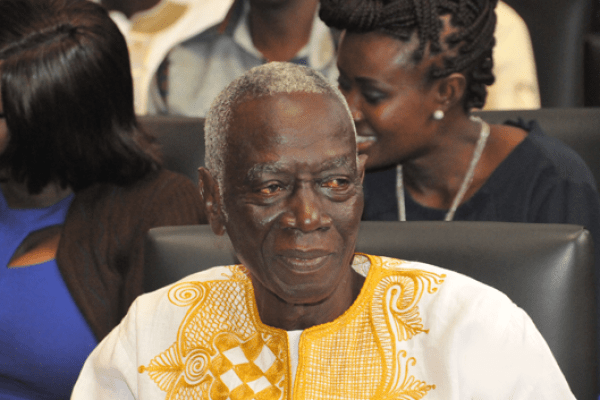
Council of State And Its Relevance
Moreover, despite the Council of State’s esteemed position, Dr Afari-Gyan noted that the body’s current role do not fit its intended purpose and instead give the impression that it is an ‘honorific institution without power’.
Dr Afari-Gyan argued that releasing reports detailing the advice the Council often provide to each national institution on a regular basis will make it easier for the public to assess the Council’s impact.
The former Chairman of the country’s Electoral Management body concluded by calling for fundamental reforms in the country’s local government arrangement and passionately posited that the progress of Ghana’s governance system hinges on a productive and effective local governance administration.
He thus called for the resources of the Assembly and Unit Committee Members to enable them to take up their initiatives within their respective localities as well as the election of Metropolitan, Municipal and District Chief Executives to promote accountability within the local government system in the country.
While Dr Afari-Gyan urged that elections at the district level be opened to political party participation, he, however recommended that the election formula should not be a first-past-the-post system but a form of proportional representation known as the mixed member proportion that would bring more political parties into the local government system.
READ ALSO: PPP Calls For The Review Of Ghana’s 1992 Constitution

